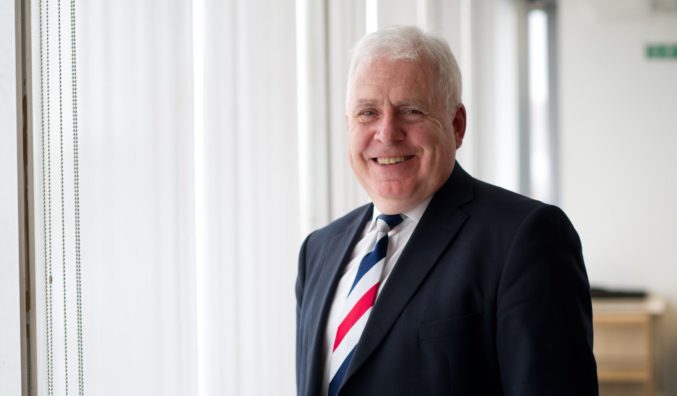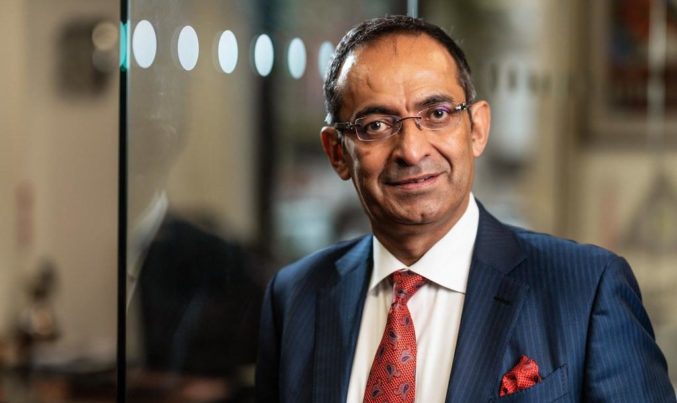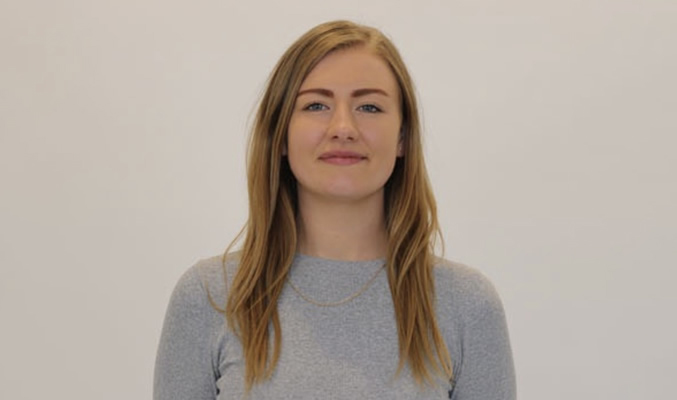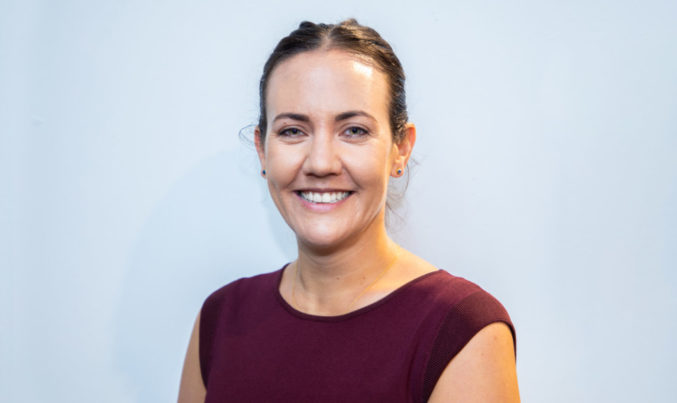Masthaven Bank to withdraw from UK banking market
By Specialist Finance Directory -
Following a comprehensive strategic review, Masthaven Bank will be withdrawing from the UK banking market over the next two years.
Masthaven, which was founded as a non-bank lender in 2004 and acquired a banking licence in 2016, is today (Tuesday 1st February) communicating the news of its strategic withdrawal from the market to employees, customers, intermediaries, and other stakeholders.
Masthaven will reduce and ultimately sell its long-term and short-term loan books and return all savings deposits to customers.
The bank is well-funded and has sufficient capital and liquidity to repay savings customers in an orderly fashion by the end of 2023, on or before contractual maturity dates.
Leigh Bartlett, chief executive of Masthaven Bank, said:
We assessed a range of options, but all of them required a significant commitment of long-term capital and we have not been able to secure the level of investment necessary to grow the bank while serving our customers efficiently and effectively.
I’m very proud of what the team has achieved in what is a very competitive UK banking market and I recognise this news will come as a shock and disappointment to colleagues, customers, intermediaries, and others.
We will do everything we can to answer their questions and address their concerns over the coming weeks.
I must stress that this was a strategic decision, and we are working to a detailed plan which will be implemented carefully over the next two years.”
Masthaven is working closely with the UK banking regulators, the Prudential Regulation Authority (PRA) and the Financial Conduct Authority (FCA).
Both organisations are aware of the bank’s plans and the measures it has put in place to ensure that the interests of all stakeholders are carefully considered and protected during the two-year process.











You must be logged in to post a comment.